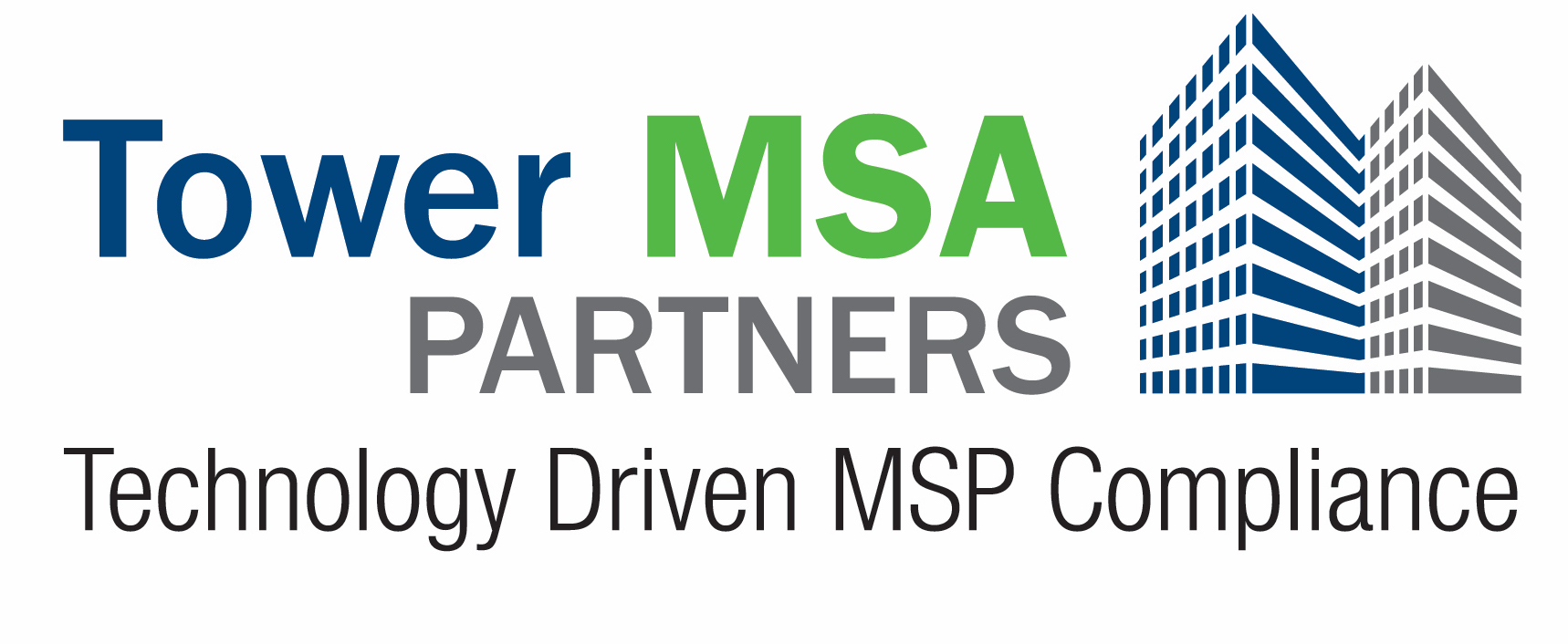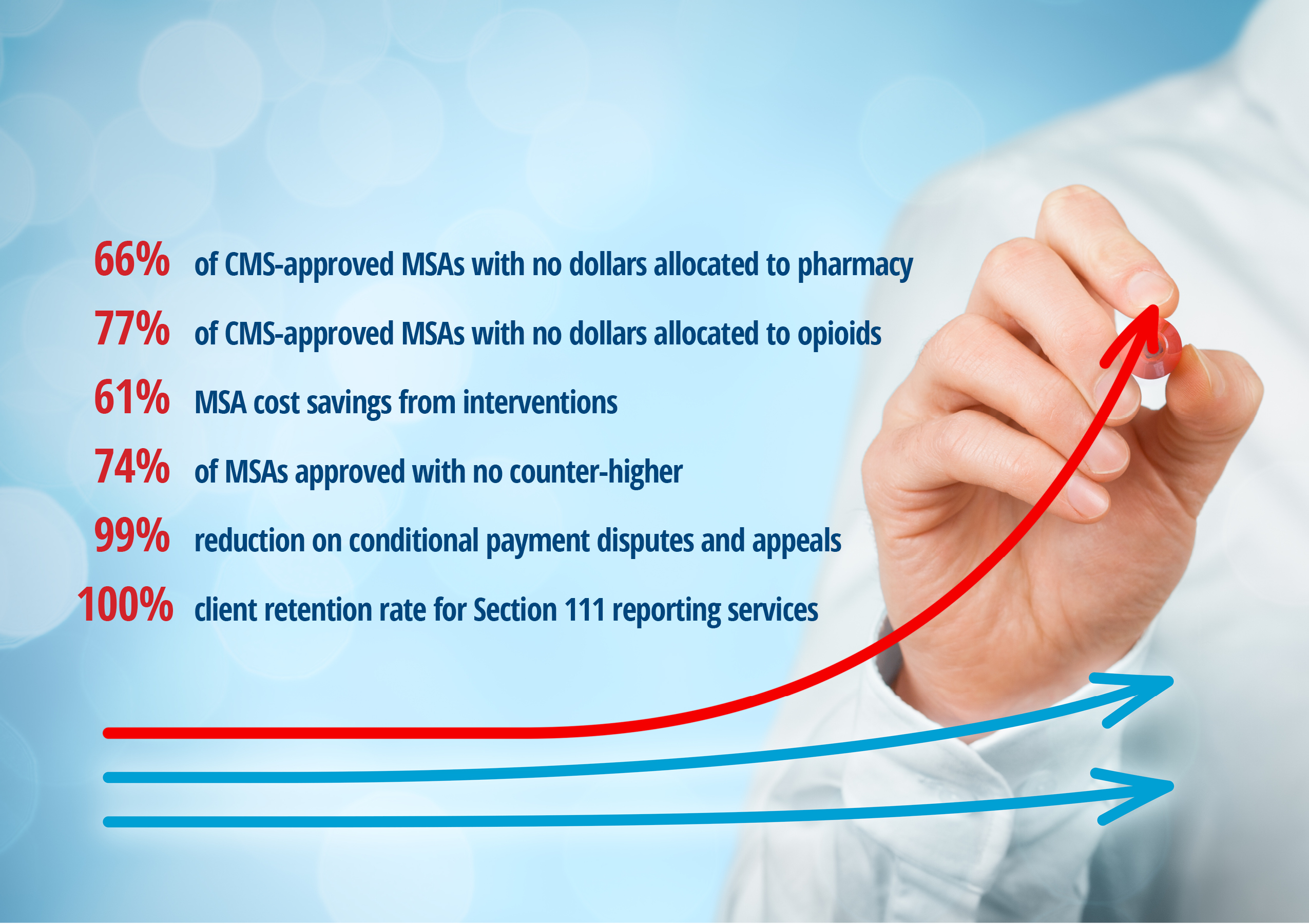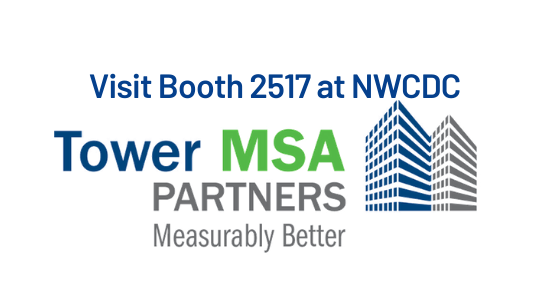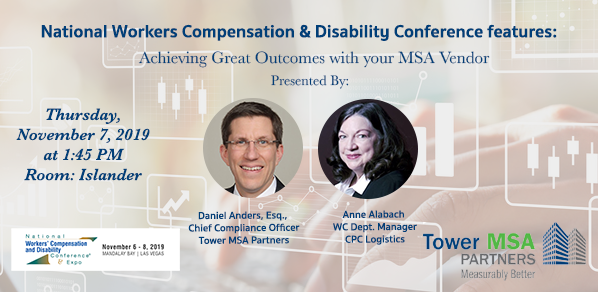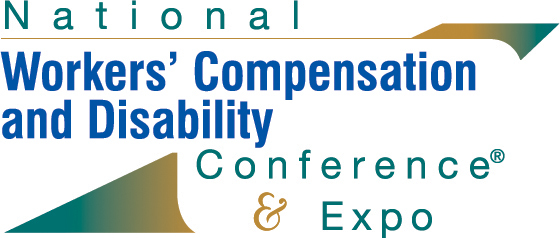The famed University of Alabama head coach, Paul “Bear”
Bryant said, “when you make a mistake, there are only three things you should
ever do about it: admit it, learn from it, and don’t repeat it.” These wise words are particularly applicable
to termination of Ongoing Responsibility for Medicals (ORM) in the Medicare
Section 111 Mandatory Insurer Reporting process. Failure to properly report ORM termination
can yield unnecessary Medicare conditional payment demands, costing time and
expense to resolve. When such an error
is made, admit it to CMS, correct it, and learn from the experience so it is
not repeated.
Background on ORM Reporting
Since October 5, 2015, the CRC has had responsibility for
the recovery of conditional payments where the insurer or employer (including
self-insured entities) is the identified debtor, known in CMS terms as the
“applicable plan.” The CRC learns of opportunities to recover through the
Section 111 Mandatory Insurer Reporting process. In other words, the applicable
plan’s reporting is the catalyst for Medicare conditional payment recovery.
The mandatory reporting provisions of the Medicare Secondary
Payer Act require the applicable plan to report to Medicare in three instances
– the acceptance of ORM, the termination of ORM and issuance of a Total Payment
Obligation to the Claimant (TPOC), settlement judgment, award or other payment.
ORM Termination Key to Cutting Off Liability to Medicare
Once ORM is accepted, CMS claims the right to recover
against the applicable plan through the date of ORM termination. That means
CRC’s recovery efforts may happen years after the ORM was first reported.
Further, if the applicable plan fails to terminate ORM when appropriate, then
the plan may receive CRC repayment demands for time periods in which it has no
liability to pay for medical treatment.
Accordingly, terminating ORM when appropriate is vital to
cutting off liability to Medicare. An
applicable plan may terminate ORM through the Section 111 Reporting process
under the following situations:
- Settlement with a release of medicals
- No-fault policy limit reached
- Complete denial of the claim
- Statute of limitations has run, or medical
benefits have otherwise been exhausted pursuant to state law
- Judicial determination after a hearing on the
merits finds no liability
- Signed
statement from the injured individual’s treating physician that the injured
party will require no further medical items or services associated with the
claim related injuries.
Providing CMS with the ORM termination date gives a bookend
to recovery by the CRC. If no termination date is provided, then CRC assumes
the applicable plan remains liable for injury-related payments indefinitely.
Unfortunately, workers’ compensation claims systems do not
always prompt the submitter when a settlement amount is entered to confirm
whether ORM is also being terminated. As
a result, the TPOC amount and date are reported to CMS, ORM remains at a “Y,” and
the ORM termination date is left blank.
This not treated as an error when CMS processes the submission as CMS
allows for multiple TPOC amounts.
Consequently, unreported ORM termination dates can continue
for years, and the RRE may only become aware of the oversight only when a
conditional payment notice is received for the previously settled claim.
Case Study
Tower’s client received a Medicare Conditional Payment Notice
and then a demand from the CRC in the amount of $125,554. A review of the demand revealed many of the
charges related to the injury which would typically present a challenge to
requesting their removal from the demand.
However, all the dates of service itemized in the demand were after the
settlement date of 8/5/2014.
Upon further investigation it was learned that while a TPOC
or settlement date of 8/5/2014 had been reported, ORM termination had not
(Tower was not the Section 111 reporting agent for this client). Consequently, the CRC assumed that the
primary plan was still accepting medical on the claim and asserted a demand for
recovery of conditional payments.
Our client updated their Section 111 report with the correct
termination date, and Tower was able to obtain CRC’s agreement to withdraw the
demand.
In the end, our client was fortunately not held liable for
repayment of $125,554 to Medicare. Nonetheless, the error of not reporting ORM
termination concurrently with TPOC took several months to resolve.
Key Takeaway: Training, quality assurance and a
reliable reporting agent are critical to avoiding ORM reporting errors.
- Train Adjusters on ORM Reporting: If an
adjuster is responsible for inserting the data required for ORM reporting, then
they require training as to when ORM acceptance and termination should be
reported and how to determine the appropriate diagnosis codes to report. Significantly, anytime a TPOC (settlement)
is reported, the adjuster should determine if medicals are closed as part of
the settlement and whether the ORM termination date should also be reported.
- Effective Quality Assurance of ORM Reporting:
Even with training, errors will occur. Additional resources placed into quality
assurance of ORM reporting, such as double checking claims for proper ORM
termination and appropriate diagnosis code choices avoids the expenditure of
additional resources at a later date to correct errors in reporting and address
unnecessary recovery demands from the CRC. If you are an employer or carrier
relying upon a TPA to report, it is especially important to have a QA process
in place to check the data entered by the TPA.
- Ensure Reporting Platform is Accurately
Reporting: Section 111 Reporting is electronically based and requires a
data exchange with Medicare. Errors can and will occur in this data exchange.
Ensure you have a trusted and reliable reporting agent, like Tower, who will not
only identify CMS submission errors, but also capture issues like a missing ORM
termination date, and work with you to have them corrected prior to reporting
to Medicare.
For questions stemming from this article or to inquire how
Tower’s Section 111 Reporting platform can meet your compliance needs, please
contact Dan Anders at (888) 331-4941 Daniel.anders@towermsa.com.

